Finally, we’re beginning to see some methods to the madness. President Tinubu’s presentation of the N47.9 trillion budget and the announcement of free train rides during the Yuletide season, show a government that’s not just thinking big but also considering the immediate needs of its citizens.
Let me tell you why I think this budget, despite its ambitious targets, might just be what Nigeria needs right now.
First, the free train initiative. Yes, I know what you’re thinking – our rail network isn’t extensive enough. But here’s the thing: this is exactly the kind of immediate relief measure we need while larger economic reforms take shape. For the thousands of Nigerians who will benefit from this, it’s a welcome Christmas gift that will ease their holiday travel burden.
The N47.9 trillion budget, christened “Budget of Restoration”, shows some promising signs. The projection to reduce inflation from 34.6 percent to 15 percent is ambitious, but not impossible.
Remember how many thought removing fuel subsidy would crash the economy? Yet here we are, still standing, with our economy growing at 3.46 percent in the third quarter of 2024.
Here’s what I find particularly encouraging: the allocation of N4.91 trillion to defence and security. With the recent National Bureau of Statistics (NBS) report showing the staggering amount Nigerians pay in ransom, this substantial security budget shows the government’s commitment to tackling our security challenges head-on.
The education sector’s N3.52 trillion allocation is another masterstroke. The disbursement of N34 billion to 300,000 students via NELFUND is already showing results, and the projected N826.90 billion for infrastructure development could transform our educational landscape. This is what I call putting your money where your mouth is.
To be sure, some might question the timing of renaming the University of Abuja to Yakubu Gowon University. But let’s not miss the forest for the trees. The real story here is the government’s commitment to education, as evidenced by the substantial budgetary allocation.
The President’s economic projections show careful thought. An exchange rate target of N1,500 to a dollar might seem optimistic, but consider this: our foreign reserves now stand at $42 billion, providing a robust buffer against external shocks. The N5.8 trillion trade surplus reported by the NBS further strengthens this position.
What I find particularly impressive is the oil production target of 2.06 million barrels per day. Yes, it’s ambitious, but with the recent improvements in security around our oil installations and the government’s commitment to ending oil theft, this target might just be achievable.
Trust me, I understand the scepticism. We’ve seen grand budgets before. The government isn’t just throwing money at problems – there’s a clear strategy. The focus on human capital development, infrastructure, and security shows a holistic approach to national development.
The N13.08 trillion deficit? Yes, it’s substantial, but sometimes you need to spend money to make money. The key is ensuring these borrowings go into productive sectors that can generate returns and create jobs.
Let’s talk about the President’s commitment to continuing reforms. This takes courage. Many leaders would have backtracked given the initial hardships, but maintaining course while providing strategic relief measures shows both compassion and conviction.
The budget’s focus on infrastructure development is particularly noteworthy. With N4.06 trillion allocated to infrastructure, we might finally see significant improvements in our roads, power supply, and other critical facilities.
Of course, the success of this budget will depend on implementation. But the early signs are encouraging. The government has shown transparency in its presentation and clarity in its targets. The regular updates on economic indicators and policy outcomes suggest a commitment to accountability.
The truth is, economic transformation doesn’t happen overnight. But this budget shows we’re on the right track. From the immediate relief measures like free train rides to the long-term structural reforms, we’re seeing a government that’s both responsive to current needs and focused on future development.
For now, let’s acknowledge the positive steps while maintaining vigilant citizenship. After all, that’s how democracies thrive – through a combination of government initiative and citizen engagement. The road ahead may be challenging, but for the first time in a while, it seems we have a clear map for the journey.

 6 hours ago
3
6 hours ago
3
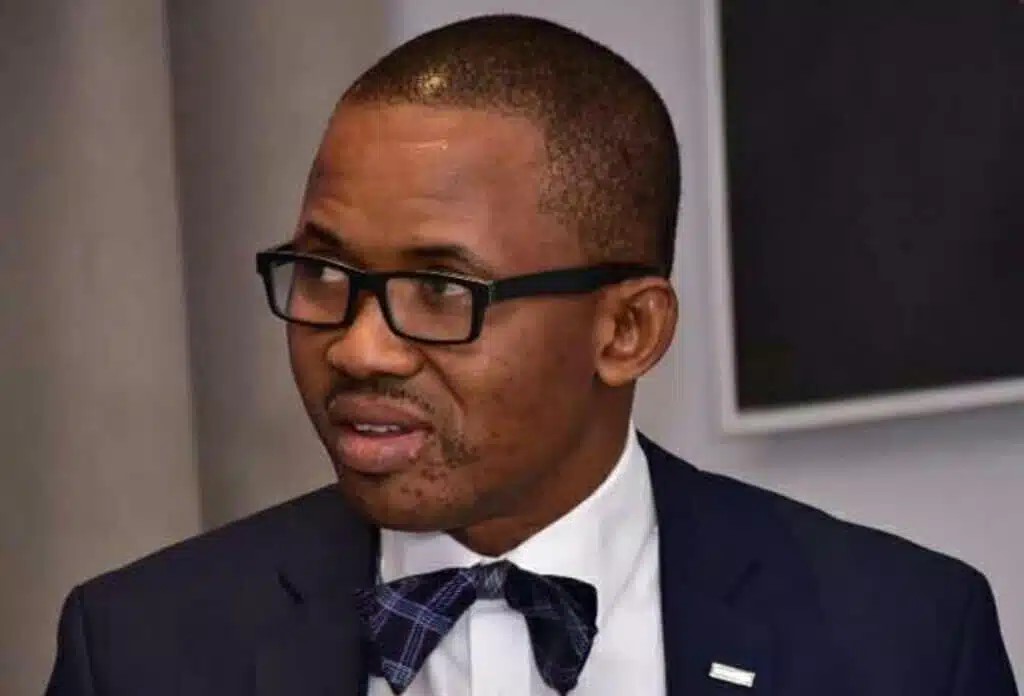






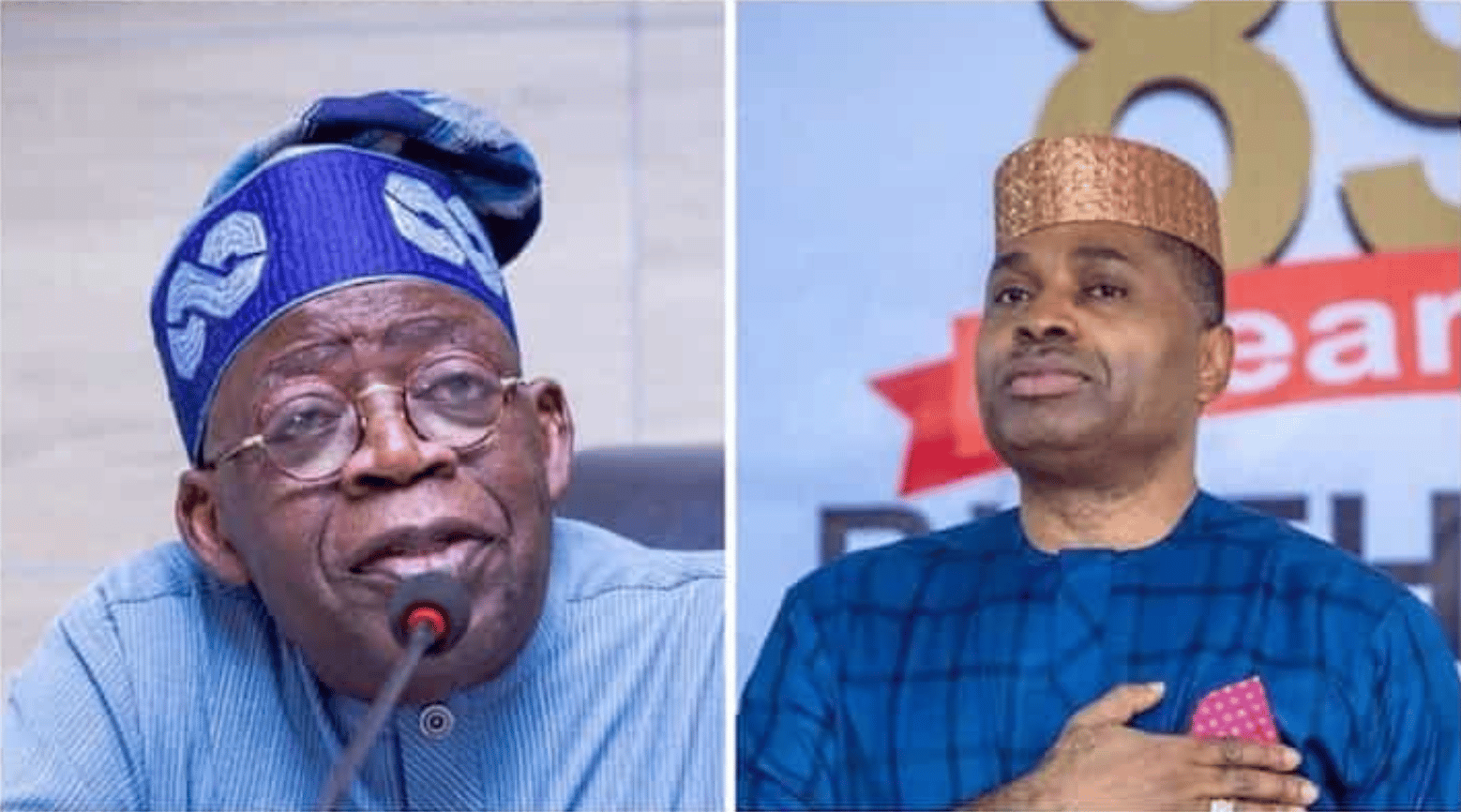
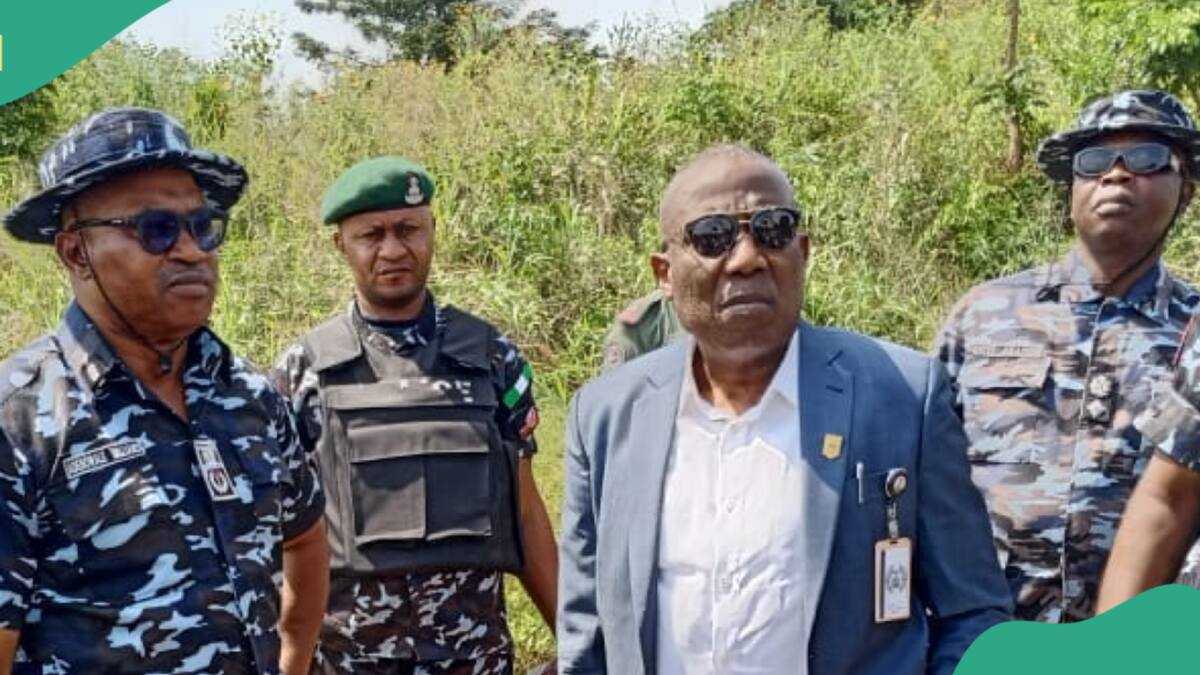




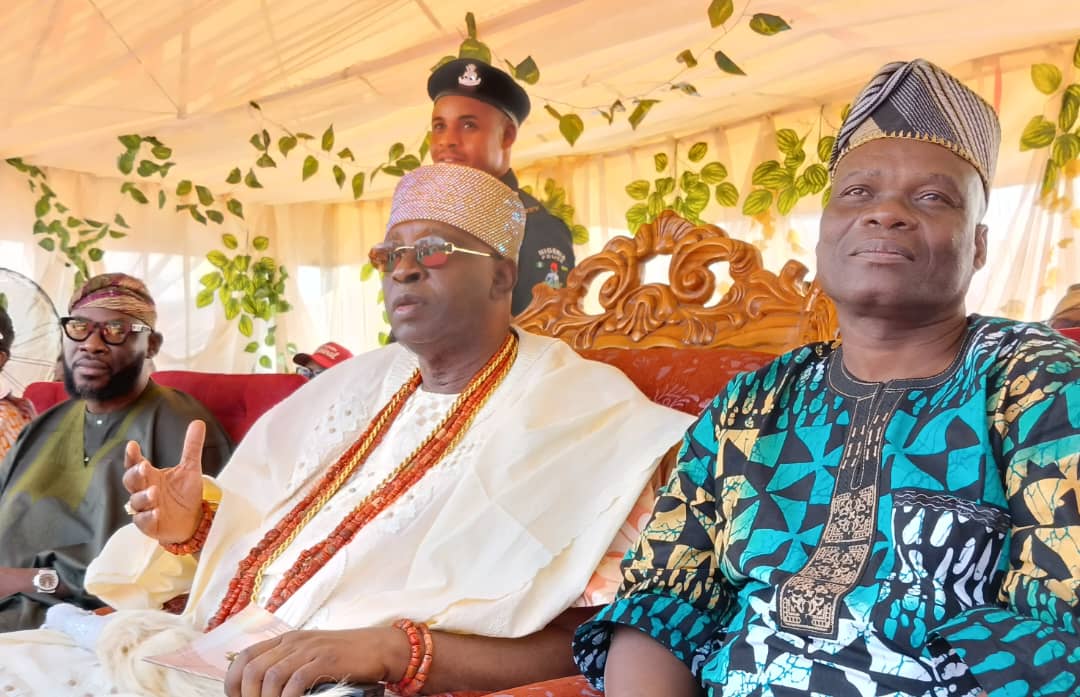
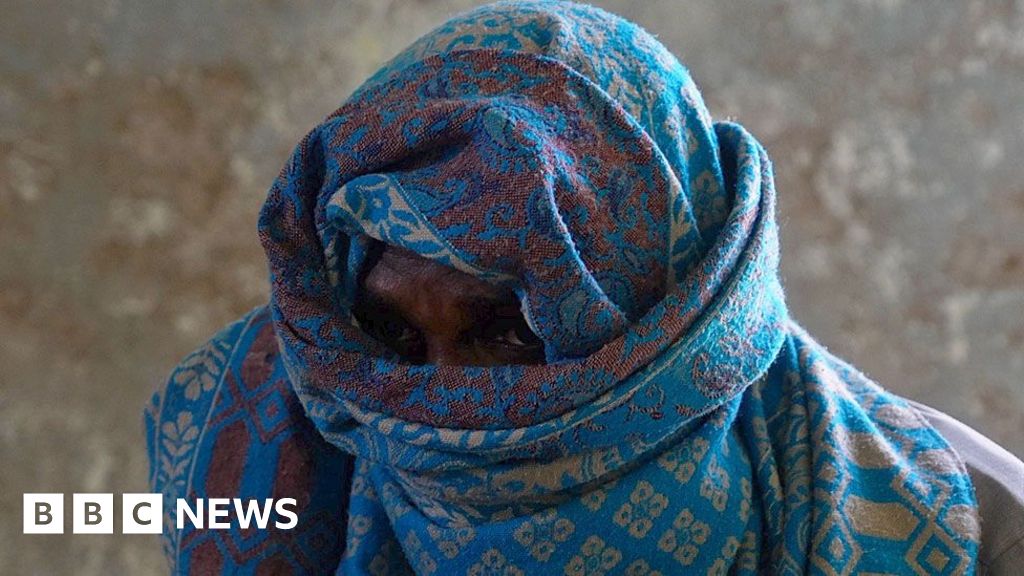
 English (US) ·
English (US) ·